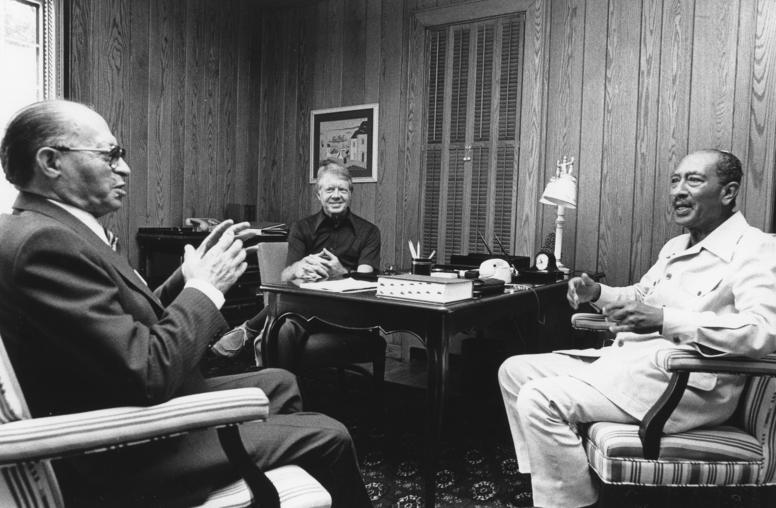Amid Yemen’s turmoil, a 27-year-old woman living in the capital Sana’a works against the odds – political and personal – to strengthen the ability of the country’s young women to promote a more inclusive society. Through a program called Generation Change, the U.S. Institute of Peace aims to support young leaders like her across the Middle East and Africa who face obstacles, even beyond the obvious security risks, that threaten the effectiveness and longevity of their work.

Generation Change seeks to foster sustainable and resilient civic leadership by providing a safe space for participants like the young Yemeni woman (USIP isn’t naming her for security reasons) to share ideas, learn new techniques, practice constructive conversations and better understand conflict resolution. The program has 54 Emerging Civic Leader Fellows across Egypt, Jordan, Morocco, Yemen, Kenya, Somalia, Sudan and Uganda, and USIP is expanding the reach of Generation Change to extend into Nigeria.
“The difficulty of working for change in the Middle East and Africa lead many of these inspired change-makers to burn out.”
At a Generation Change summit in Amman, Jordan, in July 2014, for example, fellows took part in a "fishbowl" exercise, in which small groups discussed issues like gender inclusion in their societies while the others listened in to learn about those fields.
In addition to receiving training, fellows connect online, circulating resources, sharing updates and photos from their own programs, discussing key issue areas, and collaborating on projects via Facebook, a private listserv and Twitter (@GenerationChg).
Young people across the globe are a driving force for change. They are creative, inspired, energetic and enthusiastic. Across the Middle East and Africa, communities are experiencing a “youth bulge,” with young people far outnumbering older adults, often in circumstances of high unemployment and other social, economic and political stresses. Researchers and scholars have documented the resulting potential for crises stemming from widespread discontent, including conflicts spiraling into violence and the draw of violent extremism.
In Yemen, where a new but shaky government collapsed recently under pressure from a longtime insurgency, nearly half of the population is under the age of 15, according to the World Bank. Uganda is the world’s youngest country, with 57 percent of the country’s population under the age of 18.
Risk of Burnout
With many public policy discussions focused on the risks, it is easy to discount the enormous opportunity for communities to draw on their large populations of young people to create positive and lasting change. Today, thousands of youth leaders from across the Middle East and Africa are founding, managing, and operating civic organizations, social enterprises and other results-oriented programs in order to address local challenges.
But the difficulty of working for change in the Middle East and Africa lead many of these inspired change-makers to burn out and abandon their non-profit work for the private sector. The challenges include financial insecurity, physical danger, potential arrest and lack of support from within their family or immediate community.
The young Yemeni leader, for example, said the highest hurdle she faces is the lack of support from her parents. After her parents financed her studies at a local university, they have pressed her to pursue a career that provides financial security and stability, believing her civil society work to be idealistic and unrealistic. In a culture where family is the cornerstone, their disapproval is incredibly disheartening and discouraging.
In Morocco, a Generation Change fellow, Mouad Azouggar, teaches a life-skills course at a youth community center to help young people deal with family and other personal conflicts more constructively.
Youth leaders in such difficult environments also often face self-doubt and exhaustion. Managing a civil society organization demands a near-constant pace of writing applications for grants and monitoring quantity of participants, in addition to trying to ensure quality of the programs. Monitoring and evaluating programs is important and necessary, but it can be incredibly difficult to prove the impact of a program in the short term. In addition to threatening fundraising prospects, the difficulty of demonstrating concrete proof of impact can be demoralizing.
Generation Change aims to provide a network of mutual support and help them learn ways to care for themselves as well. The communities these leaders build among their own ranks enable them to share successes, find encouragement, and access support as they struggle to continue their work.




